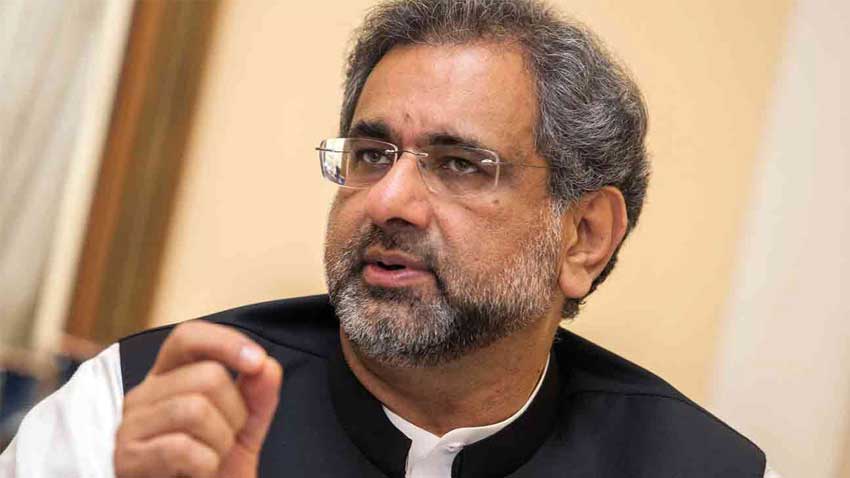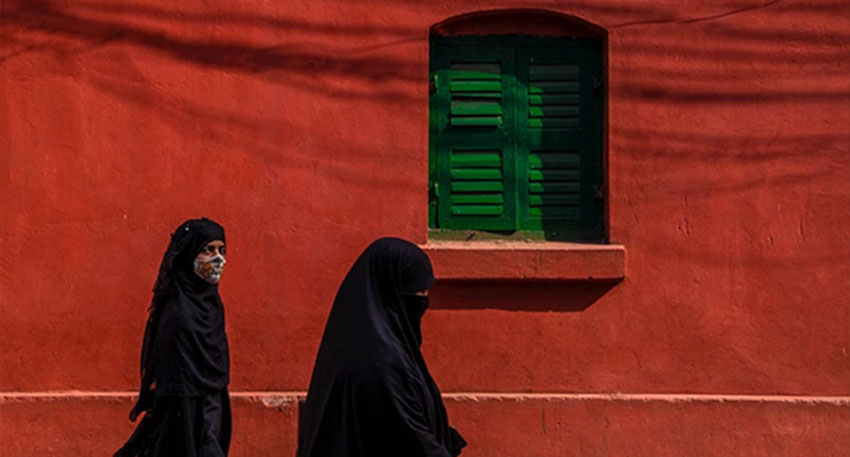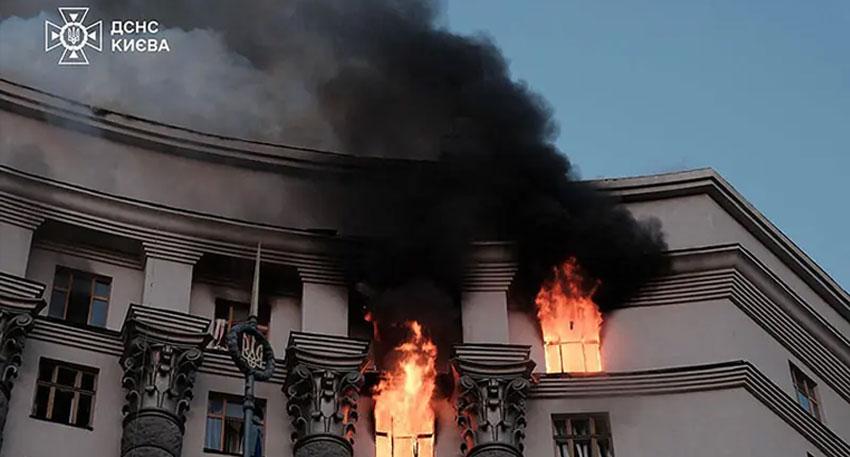
Making this statement in a surprising turn of events, the former prime minister has set a condition that that PML-N must stand firmly once again by its original slogan ‘Respect the Vote’ (Vote Ko Izzat Do).
During an exclusive interview with a private news channel, Abbasi clarified that his disagreement with PML-N is not personal or based on positions or individuals. Instead, it revolves around principles. He emphasized, “If PML-N returns to its original stance of giving value to the people’s mandate, I am ready to walk alongside them once more.”
Abbasi, known for his measured yet firm political insights, strongly advocated for the supremacy of the Constitution and the rule of law in Pakistan. He noted that true democracy can only thrive when the sanctity of the vote is upheld and when the Constitution is not bent to suit temporary political gains.
In another revealing comment, he dismissed any personal discord with veteran politician Chaudhry Nisar, saying that while political disagreements are natural within parties, there were no lingering personal differences.
But Abbasi did not stop there. He fired a sharp warning about the current hybrid political setup, suggesting that if the system is not constitutionally compliant, it should be restructured entirely — even if that means changing the Constitution itself. “Parliament currently holds a two-thirds majority; if they want, they can even make the Assembly last for life,” he added pointedly, underscoring how unchecked power can risk democracy.
Read more: Prime Minister meets Chaudhry Nisar, invites him back to PML-N
He slammed the 26th Constitutional Amendment, calling it a blow to the spirit of the Constitution and a deviation from democratic values.
In a noteworthy strategic analysis, Abbasi highlighted the potential disruptive force of Jamiat Ulema-e-Islam (JUI-F), led by Maulana Fazlur Rehman. He warned that the party’s street power could paralyze the government and urged that Fazl’s statements be taken seriously in the corridors of power.
Abbasi’s statements are more than just political commentary — they are a coded challenge to PML-N and the broader establishment. By drawing a line in the sand, he is daring the party to either reclaim its democratic roots or face further fragmentation. His criticism of the hybrid system also reflects growing concern over power centralization and constitutional manipulation. With elections looming and political alliances shifting, this could mark a turning point in Pakistan’s democratic journey — or a descent into deeper chaos if voices like Abbasi’s are ignored.




